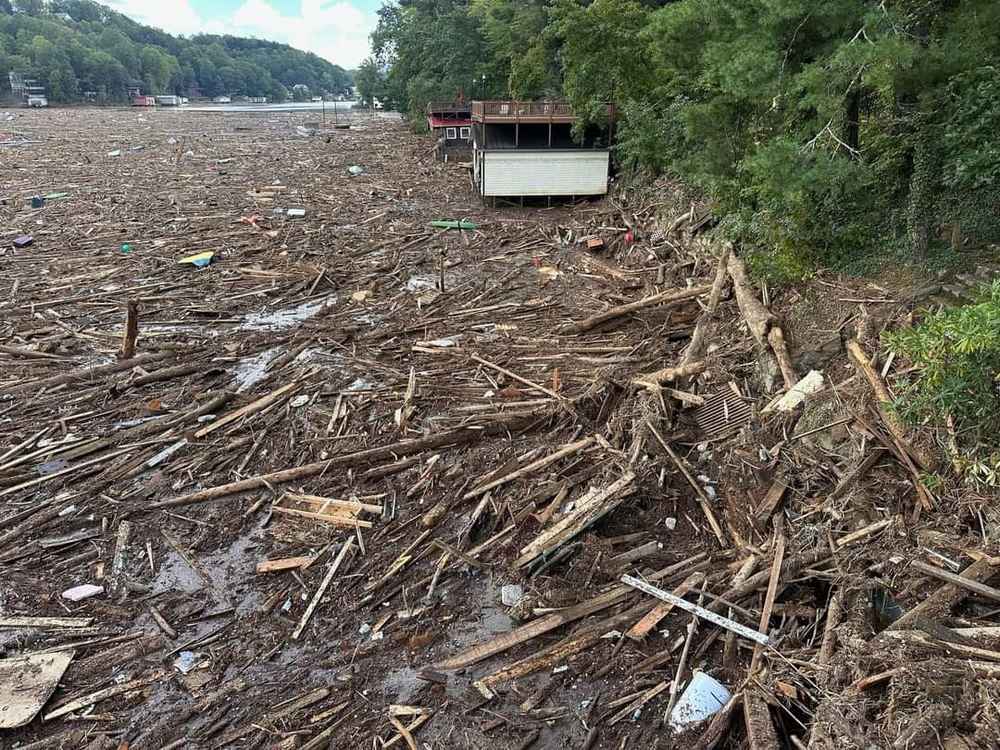Western North Carolina Hurricane Relief Update

We all have those songs that bring back memories and transport us to another place. For, me, one of those songs is “Country Roads” by John Denver. For many years of my life, this song would be playing in the background as I drove the country roads for my annual trip back to the mountains of Western North Carolina. The following months would always be filled with adventure as I hiked and paddled my way through what was accurately described by John Denver as being “almost Heaven.”
So, it is with great shock and sadness that I try to reconcile these images in my mind with the images of destruction being sent to me by my friends still living in that region. Country roads that I used to drive regularly are now washed out and destroyed. Rivers that I used to paddle regularly have overflowed their banks, causing untold death and destruction.
Rather than feeling like they are living in Heaven, many of the people in this region of the Appalachians feel as if they have descended into Hell. To put things in perspective, in 2017 the state of Texas received 24.5 trillion gallons of water from Hurricane Harvey. One trillion gallons of it fell on Houston and managed to flood 70 percent of the metroplex under a foot and a half of water.
By comparison, during Hurricane Helene, the southeast United States received a deluge of 40 trillion gallons of water, and several trillion gallons of this water fell on the mountains of Western North Carolina. Imagine the damage caused by a few trillion gallons of water rushing down the mountain slopes, wiping out towns and roads and infrastructure until it crested at historic flood levels of 25 feet in Asheville and the surrounding areas. Currently, the confirmed death count for this area only stands at 96 people, but this number is expected to rise since thousands are still missing and many small communities are still cut off and inaccessible.
While for many of us this is old news, the people of this region are still suffering in ways hard for many of us to comprehend. When I called to check on a friend earlier this week, I was the first long-distance phone call he had been able to receive since the storm hit a month ago. Many still lack basic access to phone and internet. Many of the worst-affected communities are still without power and water, and this is expected to continue for at least another month. Many communities can only receive needed assistance by air drop since the roads that connected them to civilization are washed away. Many have lost their homes and even the land on which their homes used to stand. Now, they are facing the coming winter without shelter or warmth.
It is important that we continue to keep all of those affected by natural disasters in our prayers and assist them as we are able. While we will not be able to solve these problems on our own, we can do our part to assist them as they slowly begin to rebuild their lives so that they know they are not alone in their struggle. In this way, our witness and loving support can become a road that leads them to the true Heaven awaiting all of us.
